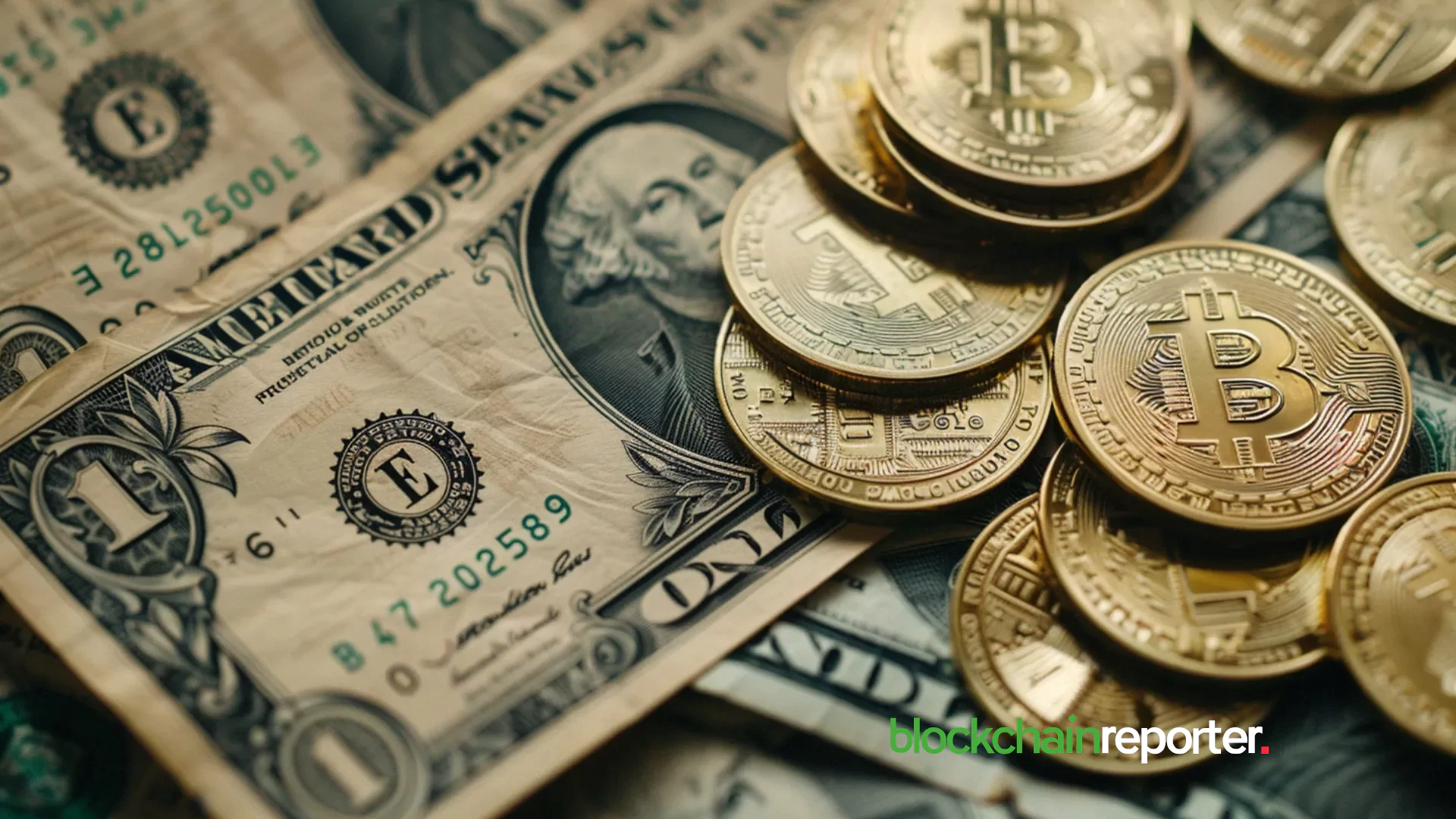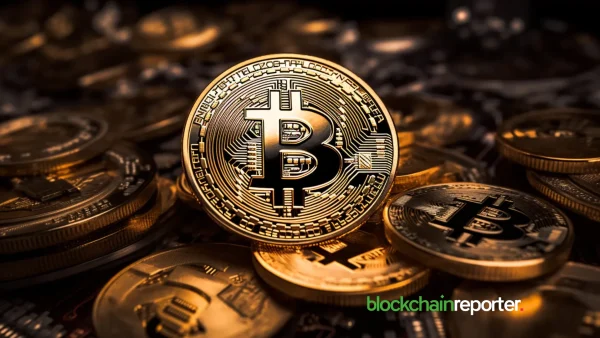
A new study from the CEO of CryptoQuant provides interesting data on what *BTC* is used as a P2P payment tool, challenging common perceptions when compared to Ethereum with respect to transaction fees.
The data shows that the overall sense of far higher fees for executing transactions on Bitcoin was not entirely true from 2021 onwards with median costs to process a Bitcoin transaction at $0.40 and etherum’s current cost is highlighted as being more expensive than bitcoin by a factor ($0.68).
The advantage with this fee structure is that for lower value transactions, such as in merchant situations where transaction fees are a not-insignificant fraction of the total cost it can make Bitcoin an attractive solution.
Further analysis suggests that for transactions that can absorb a fee of 40 cents, the lower limit would be between $13 and $40, assuming a typical transaction fee rate of 1-3% as seen in many developing countries. This fee efficiency underscores Bitcoin’s potential utility in regions where cost-effective payment solutions are crucial.
Interesting Bitcoin transaction patterns studied through 2023 indicate that as the value of a median coin dropped, there were also more coins being transacted (which very much sounds like an increase in actual P2P use.) This move is in line with Satoshi Nakamoto’s core idea behind Bitcoin as a “Peer-to-Peer Electronic Cash System” which was the heading of his whitepaper for introducing this digital currency.
Market Impact and Bitcoin’s Price Stability
While Bitcoin’s utility in the P2P space is gaining clarity, the cryptocurrency’s market performance continues to experience fluctuations. Over the past 24 hours, Bitcoin’s value has seen a modest increase of 0.3%, with the trading price hovering around $57,650.
This performance is part of a broader context where Bitcoin recently experienced a significant drop to as low as $53,000 last week. Such volatility underscores the complex dynamics that continue to influence Bitcoin’s market value, reflecting a range of factors from macroeconomic conditions to shifts in investor sentiment.
However, the increasing use of Bitcoin for everyday purchases could counter these up-and-downs to some extent. As a larger number of people interact with Bitcoin as an everyday item – for example, making P2P payments – the more likely it is to take root within mainstream financial systems and thus complacency against speculation related volatility. This could fulfill Nakamoto’s prophecy and make Bitcoin a widely accepted digital currency on which to base daily transactions.








